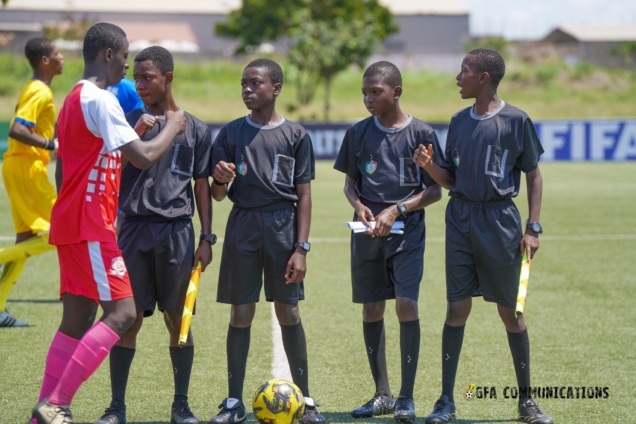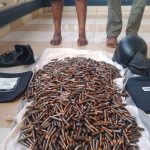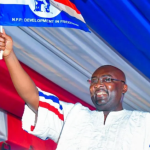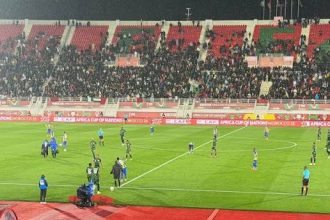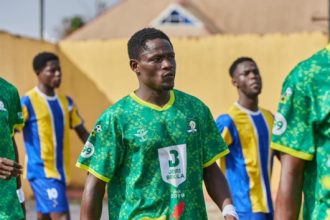August 2025 will mark exactly five years since the launch of the Ghana Football Association’s Catch Them Young Refereeing policy.
The initiative targeted identifying, educating and training young talents aged 13-16 to officiate in juvenile matches within their regions.
“If we want good referees who can compete with the best in the world at male and female competitions, then it is important to identify and start training them at an early,” GFA President, Kurt Okraku said during the launch.
“We want to comb every corner of the country to find boys and girls with a passion for refereeing and add value to them.”
Since its introduction, interest in the policy has grown with each year that has gone by.
In July 2024, the GFA revealed about 2,000 young boys and girls have been beneficiaries of the policy.
Intensive training, constant practice and timely invested means there have been progress over the years.
These young boys and girls have had the opportunity to participate and officiate in competitive tournaments including the KGL U-17 tournaments, the Elite U-15 Girls Championship as well as the Division One League Super Cup.
“It has not been easy but the referees being sober and committed and respectful to the job, they’ve adhered to whatever training drills that we embedded into them,” instructor Jones Akubiem told Joy Sports.

“As you can all see, for young referees to officiate such games, that should tell you that Ghana has a bright future.”
The Women’s Premier Super Cup and the Women’s FA Cup are competitions that have also utilized the knowledge of the young referees.
Bertha Amoako, who is her final year at the secondary school, says the project has open opportunities for her that wouldn’t have come on a normal day.
“[Being a part of this project] means a lot to me because through this programme I have been able to develop my skills; I’ve got to know there is a skill I have that people will appreciate if I pursue it,” she mentioned in an interview with Joy Sports.
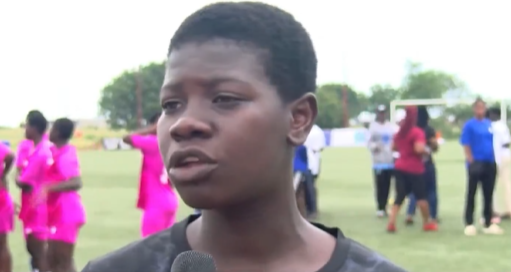
“Through this also, I’ve met a lot of people and I have been to places which I had no idea about. I have also received financial incentives to support my academics as a result.”
A level 200 student at the University of Professional Studies, Andy Annan Afotey, dreams of being remembered as one of the Ghanaian referees to be on the global stage.
“I want to take this to the next level because refereeing can take put you into a lot of places including bagging an ambassadorial role,” he noted.
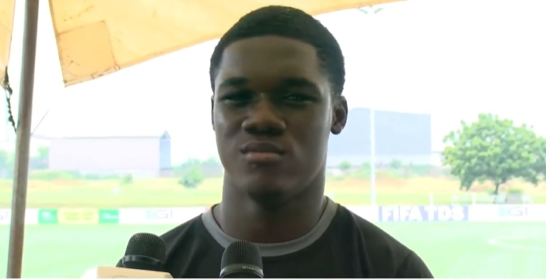
“Also, I want to see myself as part of the international referees. Although we have some here, we barely see them when it comes to officiating at the World Cup and the big tournaments.
“I want to pick up that belt and hopefully see myself there.”
Over the years, girls interest in the policy has been on the rise. Referees manager, Alexander Neequaye Kotey, says the idea is to reproduce someone capable of achieving the feats of Mercy Tagoe who refereed at the 2007 World Cup.
“We want to target girls and boys; the focus is not to only be on the boys,” Kotey said.
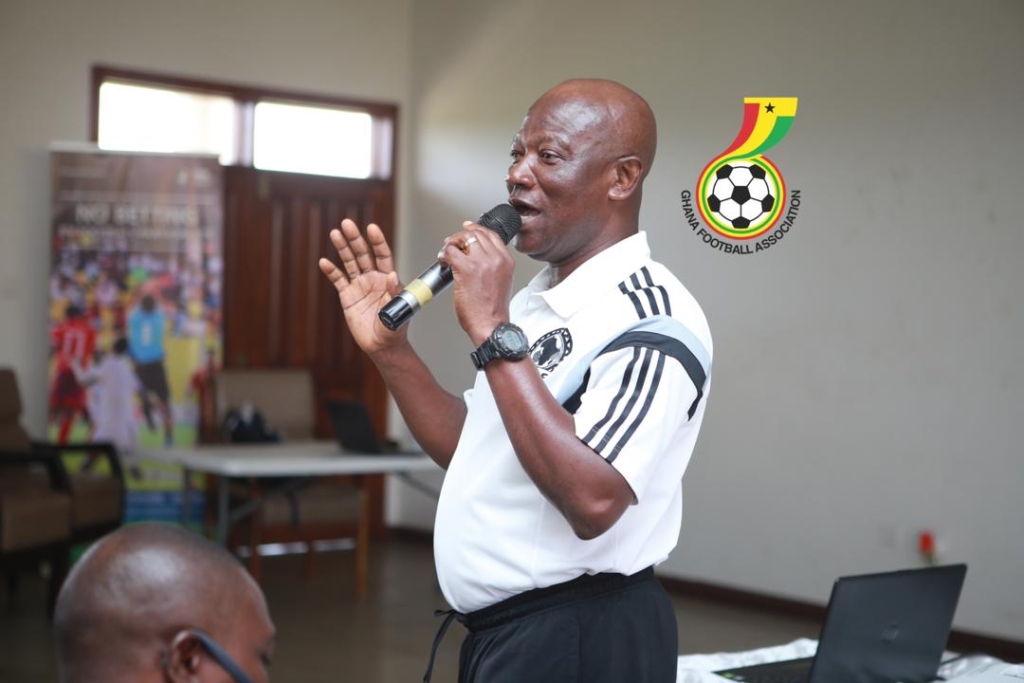
“We felt that girls must be given opportunities and we saw our girls in Africa going to the World Cup stage [in the past].
“The question, ‘why can’t we also do it?’ That is what motivated and pushed us to get a lot of girls into the system. That is our focus and that is what we are going to do. We want to get more of the girls into the system.”
It will take a bit of time to get the level the policy seeks to achieve but from every indication, the project seems to be going to plan.


